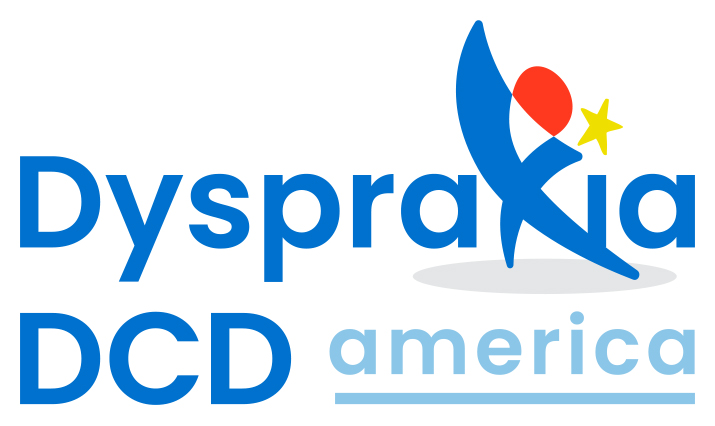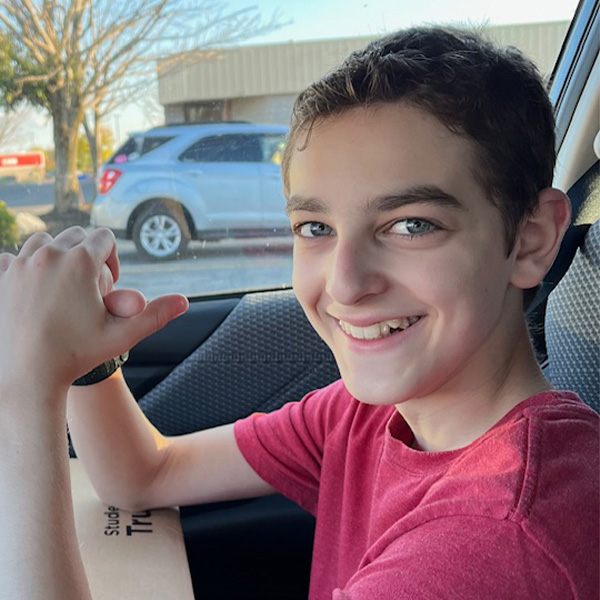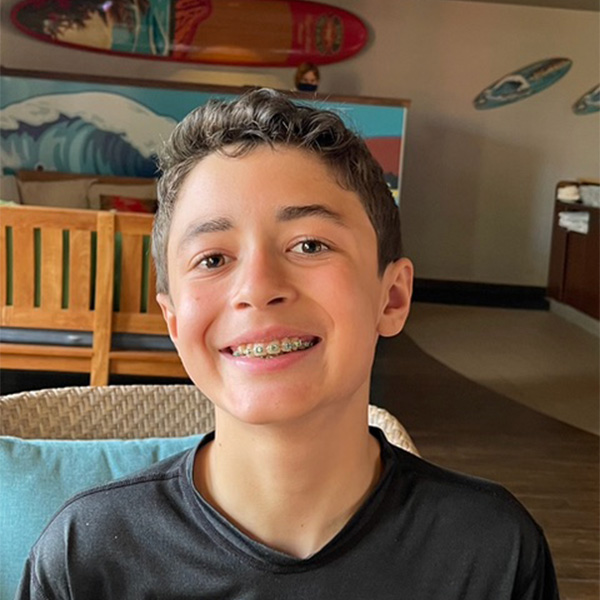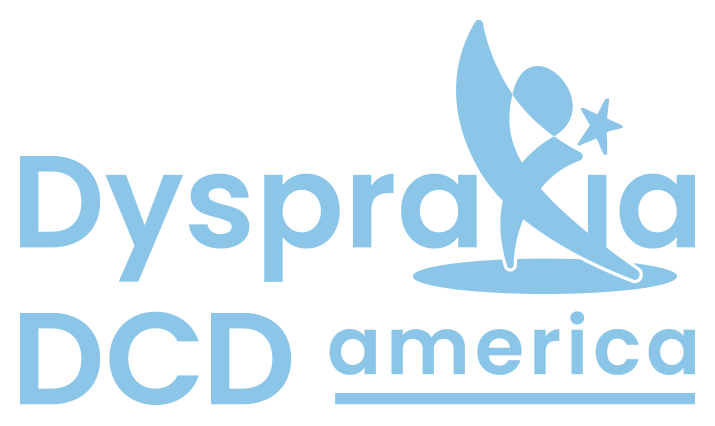Teens
Adolescents and young adults experiencing signs and symptoms of Dyspraxia/DCD may not have been diagnosed in childhood but they have a history of issues such as those listed for Children.
For those in these age groups, challenges with motor coordination and related areas continue to impact academic and/or sports performance, decision-making, and social interactions.
Employability may be a new area of concern. The likelihood of encountering stress, anxiety, and other mental health issues increases.
“While it was once believed that children with DCD would outgrow their motor difficulties, evidence suggests that these difficulties persist into adolescence and adulthood.”
Tal-Saban et al., 2012
Signs & Symptoms
Listed below are the diverse areas that may be impacted by Dyspraxia/DCD as well as what the teen may experience. Remember, all teens with Dyspraxia/DCD will have some difficulties with fine and/or gross motor skills. Other areas of impact may differ depending on the teen.
How is Dyspraxia/DCD Diagnosed?
Signs and symptoms will begin early in life, but a diagnosis may be made at any age.
A formal diagnosis will use criteria for Code 315.4 Developmental Coordination Disorder from The Diagnostic and Statistical Manual (DSM-5) or for Code 6A04 Developmental Motor Coordination Disorder (Developmental Dyspraxia) in the International Classification of Diseases (ICD-11), the global standard for diagnostic health information. For an official diagnosis, all the criteria in the DSM-5 or the ICD-11, which are fairly similar to each other, must be met.
Here is a high-level summary of the main diagnostic criteria:
- Motor skills are significantly below the level expected for the individual’s age.
- Lack of motor skills and coordination affects activities of daily life at home, school, and/or the workplace.
- Symptoms were present early in life.
- Difficulties with motor skills are not better explained by other medical conditions such as intellectual disability, neurological conditions or visual impairment.
In the United States, Dyspraxia/DCD must be diagnosed by a medical doctor (MD).
A diagnosis will include assessment of the following:
- Medical history including development and symptoms
- Gross and fine motor skills, coordination and balance
- Other possible causes of motor difficulties.
Healthcare professionals providing input for a diagnosis may include:
- Neurologist
- Pediatric Neurologist
- Neuropsychologist
- Pediatrician
- Developmental Pediatrician
- Occupational Therapist
- Physical Therapist
- Psychologist


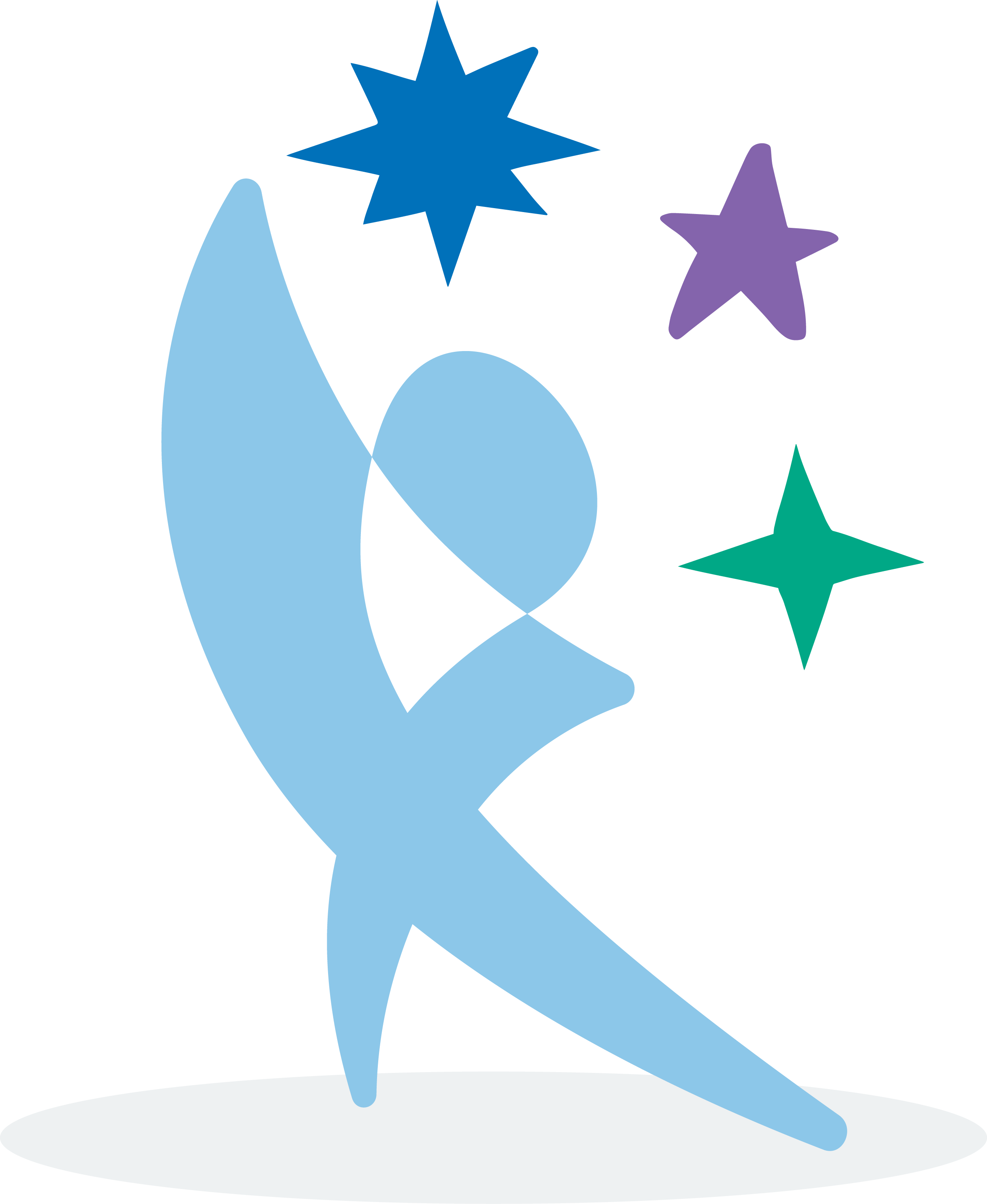
A diagnosis will include the following:

